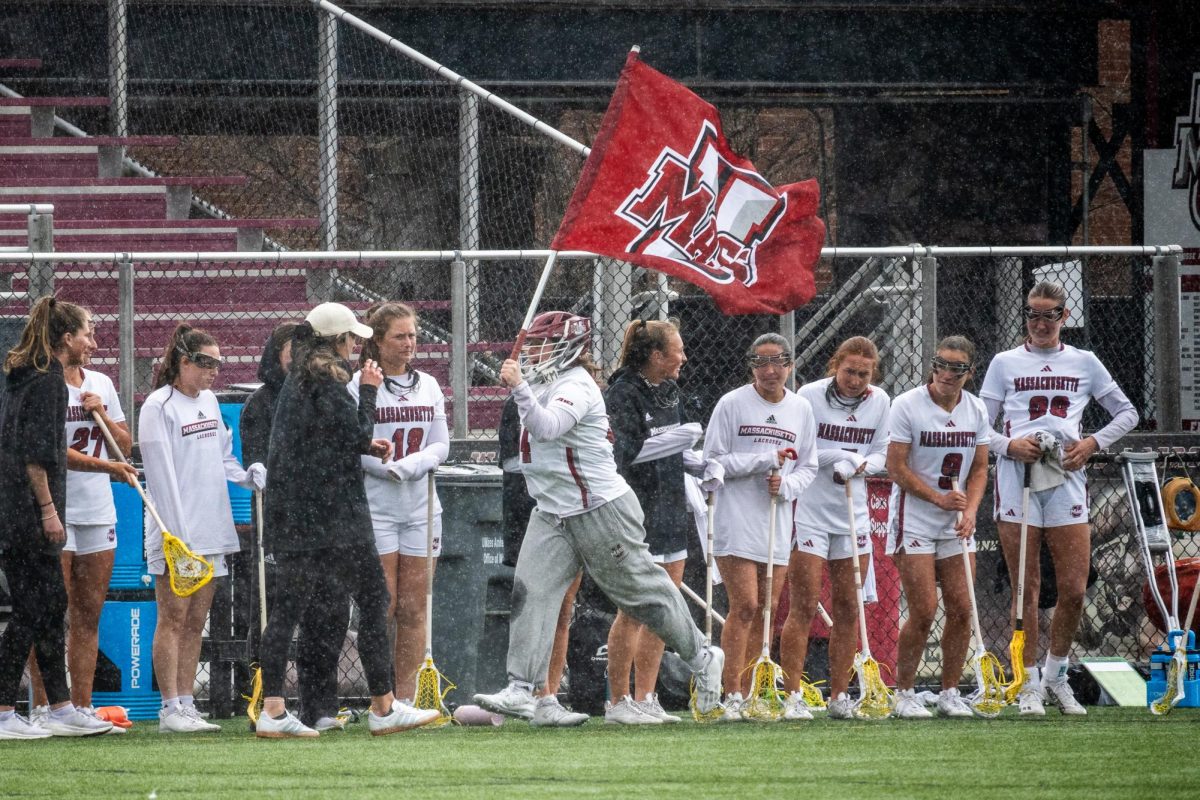
The present state of the immigration debate is understood to be diametric, with two sound arguments on either side. Policy research conducted by faculty at the University of Massachusetts reveals an economic reality that abolishes this supposed duality.
Immigration is the curious dissenter of the American rights platform. For a movement that touts the advantages of small government, constant monitoring of the public does not seem like an accurate application of small government. “Hawks” see immigration as a problem because the influx of undocumented workers is largely blamed on unemployment and the supposed expansion of welfare to more “free riders.”
Immigration hawks acknowledge that their policies have the potential to rip families apart or uproot households and discard them over a fence, like a gardener would a weed. But they fashion themselves as pragmatists who are “giving priority to families here in America” and making difficult choices. Any concession to these families who might be affected is casted as mollifying, weak, naïve and ultimately idealistic.
Rick Perry, brief Republican presidential frontrunner in 2011, learned this the hard way after calling the critics of a policy of his “heartless,” a policy that allowed the families of undocumented immigrants to pay in-state tuition at public universities in his state. He was met by a barrage of “boos” from the audience at a September 2011 Republican primary debate. A concession to families living in the shadows is politically castrating. The approach that wins campaigns is to shrug, sigh, and say, “They have to go.”
This is the great lie of the immigration hawk rhetoric, that there is a pragmatic choice and a compassionate choice, and these two are mutually exclusive. Significant policy research drawing from census data has analyzed the arguments. No, immigrants do not take American jobs. No, immigrants do not abuse the welfare system. This is a covertly racist, imagined reality. It is easier to justify hate if there is an economic consequence to the influx of Latino immigrants over the southern border.
Economist David Card has performed extensive research on this subject in collaboration with other economists throughout the last decade. The methodology involves looking at unskilled labor sectors such as restaurant work, housekeeping, agriculture, gardening and public transit in large American metropolitan areas. The results do not indicate any variation on the number of jobs, working conditions or wages between urban areas, regardless of the immigrant population, which ranged from eight percent (Detroit and Philadelphia) to 35 percent (Los Angeles and Miami).
UMass economist Robert Pollin has replicated the situation to examine post-recession America. The results are the same. The charge that immigrants leech benefits from American social programs without contributing to their funding is also a myth. A joint study by researchers at Princeton University and the University of Guadalajara found that while 66 percent of undocumented immigrants pay taxes with social security withheld, 10 percent had ever sent their child to a public school and only five percent said that they had ever received welfare checks or food stamps. A 2007 estimate by the main actuary of the Social Security Administration placed the contribution of undocumented workers to the funds’ $2.2 trillion in assets at five to 10 percent.
There are limited viable economic arguments for the mass deportation of thousands of human beings; standing on the side of love does not make you inherently naïve, idealistic or foolish. Immigration hawks are trying to steal pragmatism from where it belongs, because there is no other element to their argument void of nativism, of frustration, of hate.
America has a long history with xenophobia. “Make America Great Again” does not accurately describe the forces at work against refugees from Mexico. More succinct would be “Make America Hate Again.” Don’t fall for it this time.
Frank Schulze is a Collegian columnist and can be reached at [email protected].

















